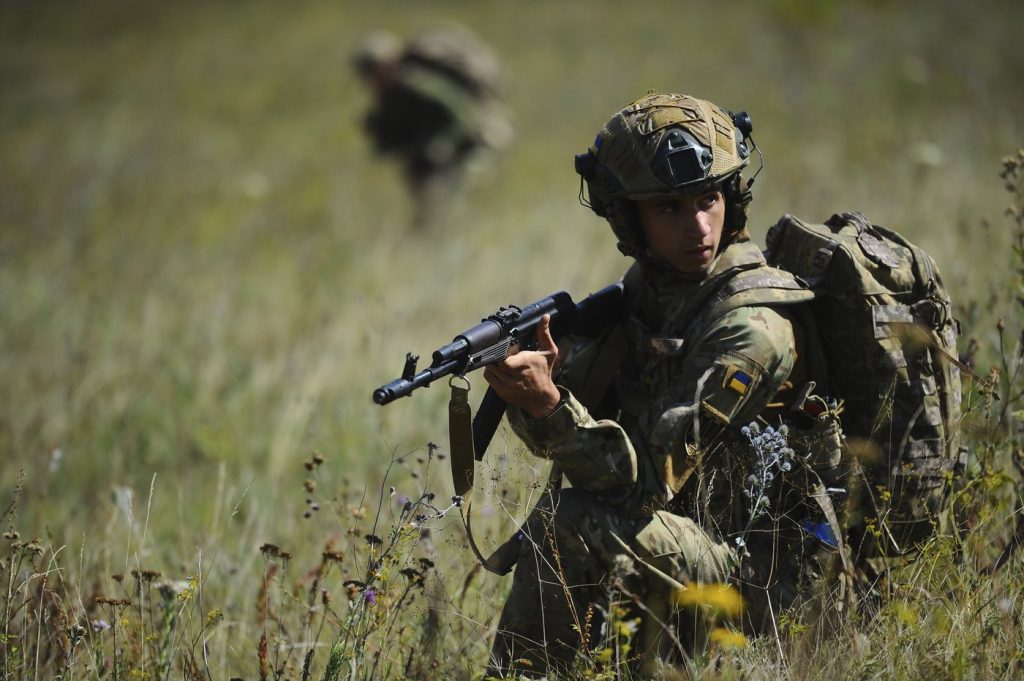The European Union's foreign policy chief, Kaja Kallas, emphasized on Friday that the prospect of Ukraine ceding land to Russia in a peace agreement is a manipulation orchestrated by Russian President Vladimir Putin. Kallas argued that the demands for Ukrainian concessions are tantamount to rewarding the aggressor, which is Russia, and she expressed concern over the ongoing narrative that focuses on what Ukraine should sacrifice.
Kallas articulated her views during a BBC interview, stating, "The discussion all about what Ukraine should give up, what the concessions that Ukraine is willing to make, whereas we are forgetting that Russia has not made one single concession." She highlighted that it is Russia that has been waging a brutal attack on Ukraine, resulting in significant loss of life. According to Kallas, this focus on concessions is “exactly the trap that Russia wants us to walk into."
Efforts to broker peace, led by the United States, have struggled to gain momentum. Recently, U.S. President Donald Trump discussed the ongoing conflict with Putin in Alaska and subsequently hosted Ukrainian President Volodymyr Zelenskyy along with European leaders at the White House. Despite these diplomatic attempts, Kallas noted that crucial elements of a formal peace proposal still require negotiation and that Russia continues to escalate its military actions.
"It’s clear that Russia does not want peace," Kallas remarked, pointing out that, despite calls from President Trump for an end to hostilities, Putin appears to be intensifying the conflict instead of seeking resolution. While the discussions about postwar Western security guarantees for Ukraine continue, Kallas indicated that substantial agreement on the specifics is still far off, with Russia displaying a reluctance to engage meaningfully in peace talks.
In response to the ongoing Russian aggression, Ukraine has intensified its military operations, utilizing long-range weapons to target key infrastructure supporting Russia's war efforts. Recent reports confirm that Ukrainian forces were involved in attacks on oil refineries and military logistics. Specifically, Ukrainian military leaders confirmed that an attack was launched on the Druzhba oil pipeline, targeting the Unecha oil pumping station in the Bryansk region of Russia. This pipeline is significant as it supplies crude oil through Belarus and Ukraine to Hungary and Slovakia.
In a Telegram post, Bryansk regional Governor Alexander Bogomaz reported that the attack involved both HIMARS rockets and drones. Hungarian Foreign Minister Péter Szijjártó condemned the incident as another attempt to jeopardize Hungary’s energy security, emphasizing that this marked the third attack in a short span of time. Hungary, under Prime Minister Viktor Orbán, has maintained a confrontational stance towards Ukraine amid the ongoing conflict and has recently engaged in diplomatic discussions with Putin.
Currently, Slovakia and Hungary are the only EU countries still receiving Russian oil, as the other 25 member states halted purchases in response to sanctions following Russia's full-scale invasion of Ukraine in 2022. The recurring attacks on energy infrastructure are not only a tactical military strategy by Ukraine but also a broader political message in the context of ongoing discussions about European security in light of the persistent hostilities initiated by Russia.











